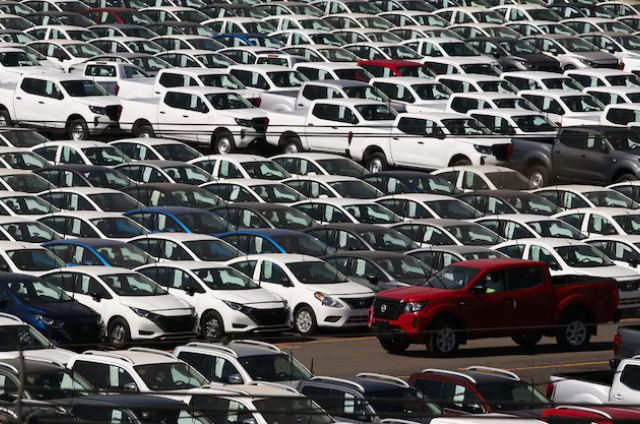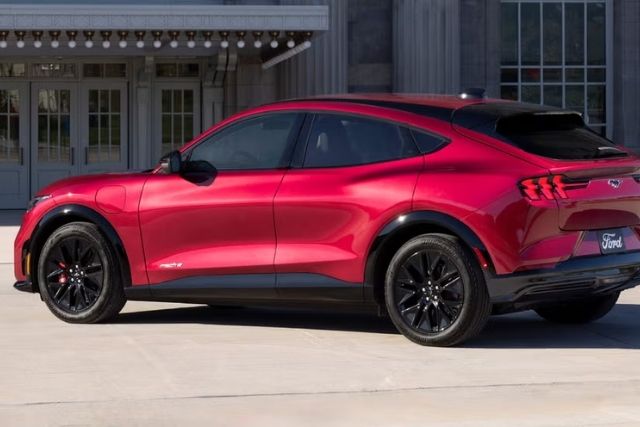A Major Policy Shift
In a significant policy change, President Trump is planning to ease automotive tariffs, offering relief to U.S. manufacturers. The shift comes after several meetings with automotive executives and is expected to have a major impact on the industry. Automakers have long expressed concerns over the high costs associated with these tariffs, and this new approach aims to reduce the financial strain on manufacturers.
Relief for Tariffs on Steel and Aluminum
Under the new plan, automakers will no longer face additional tariffs on steel and aluminum on top of the existing 25% tariff on foreign-made cars. This adjustment is designed to help manufacturers by lowering material costs and improving the supply chain. The changes are also retroactive, meaning automakers could be reimbursed for tariffs they paid over the past month.
Changes to Foreign Auto Parts Tariffs
In addition to easing steel and aluminum tariffs, the Trump administration is also making changes to the tariffs on foreign auto parts. These tariffs were set to go into effect on May 3. The adjustments will allow automakers more time to shift production to the U.S. and apply for tariff reimbursements. Over time, these reimbursements will decrease, but the aim is to provide manufacturers with the flexibility they need to adjust.
Supporting Domestic Manufacturers
Commerce Secretary Howard Lutnick emphasized that these changes will benefit domestic manufacturers. He stated that the plan rewards companies already operating in the U.S. while encouraging others to invest in American manufacturing. The new policy aims to balance protecting U.S. industry while ensuring manufacturers can thrive in an increasingly global market.
A Shift Toward Collaboration
This move marks a shift toward more cooperation between the Trump administration and the U.S. automotive industry. By easing the impact of tariffs, the president hopes to create a more sustainable, competitive environment for American car manufacturers. The adjustments could also lead to lower vehicle production costs, potentially benefiting consumers in the long term.



